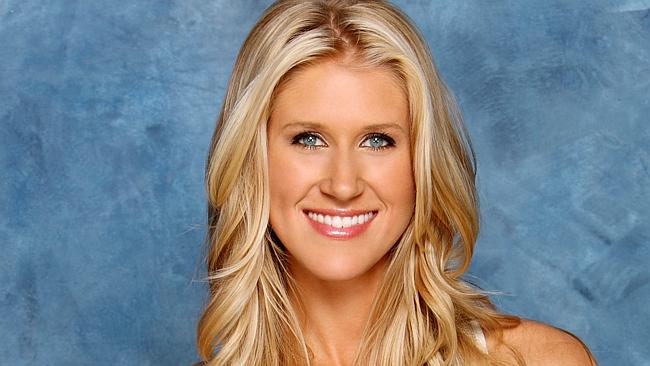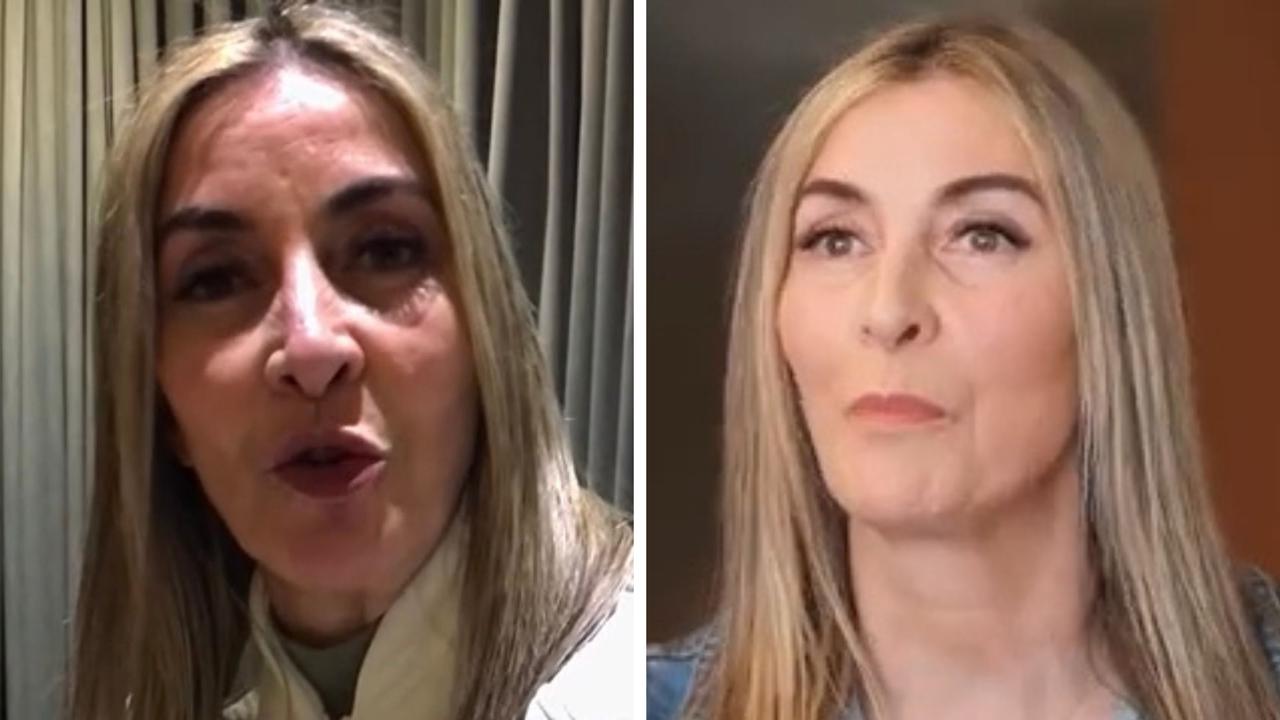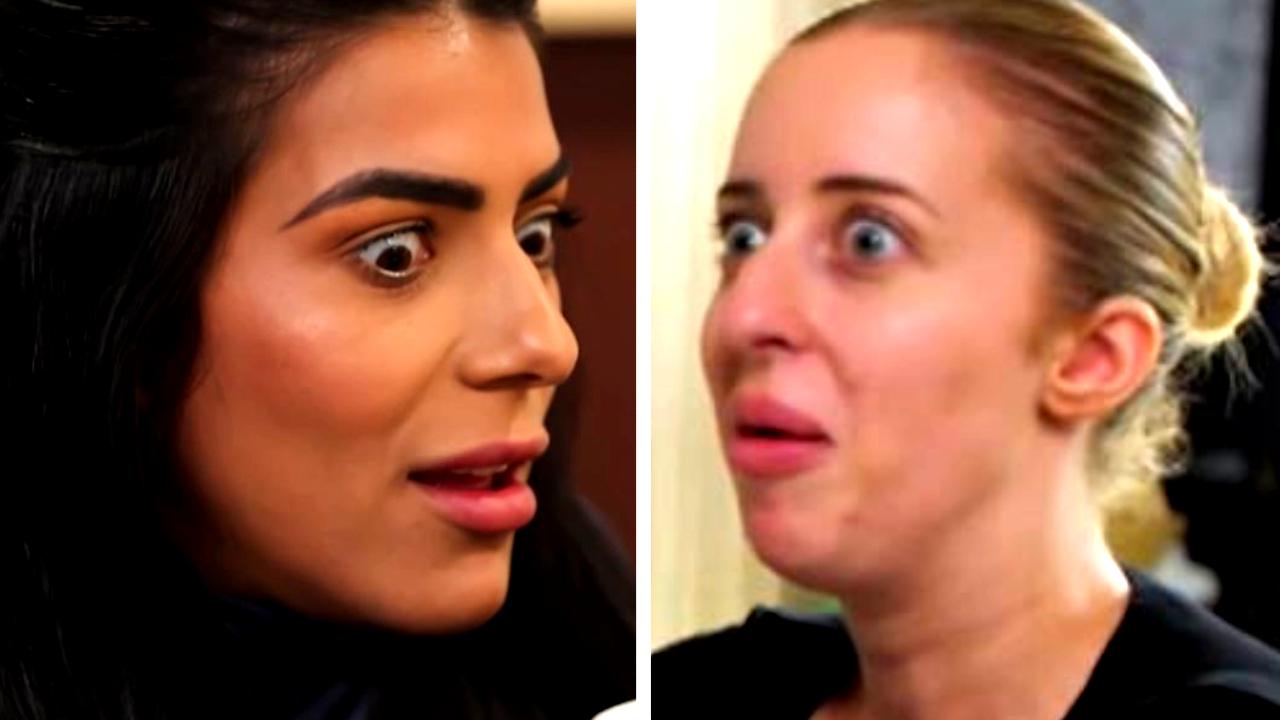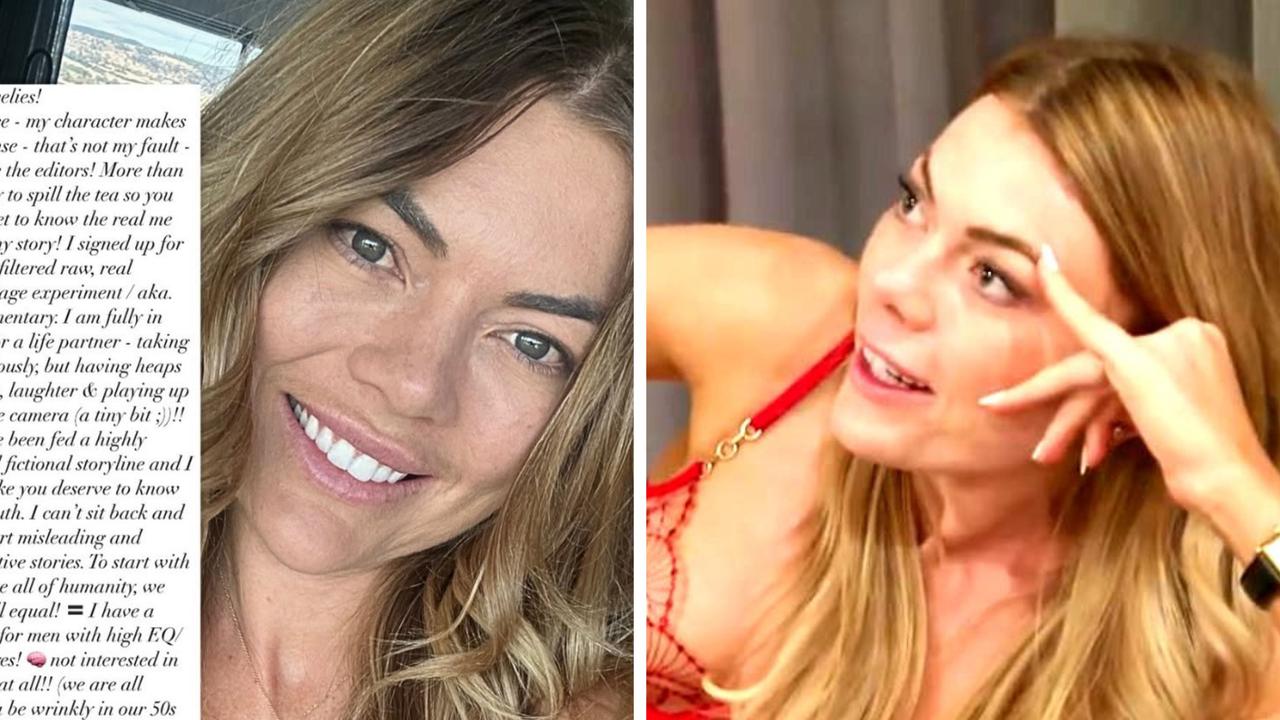21 reality stars dead in a decade
A SHOCKING number of reality TV stars, from shows such as The Bachelor and Survivor, have died.

IN 2007, Gordon Ramsay ripped apart struggling New Jersey chef Joseph Cerniglia on Kitchen Nightmares, screaming: “Your business is about to f **king swim down the Hudson.”
Three years later, Cerniglia took his own life.
His shocking death was one of at least 21 reality-contestant suicides in the US since 2004 — afflicting lesser-known programs such as Storage Wars as well as ratings mammoths like the Bachelor franchise, which has lost three former stars.
Insiders raise questions about the types of people attracted to these shows — and the screening process and support offered.
Dr Richard Levak, a California-based personality expert who has worked on several reality shows, including Survivor, says the spate of deaths among reality-TV stars boils down to a chicken-or-the-egg debate.
“Does [appearing on reality television] attract people with a higher rate of instability?” Levak asks. “Are people who are unstable more interested? Or do the vagaries of reality TV precipitate people killing themselves?”
Two weeks ago, The Bachelor Season 14 contestant Alexa “Lex” McAllister, 31, became the latest fatality. Gia Allemand, from the same season, died in 2013. Three years earlier, 35-year-old Julien Hug, a 2009 Bachelorette contestant, also died.
Even peripheral players such as Russell Armstrong, husband of Real Housewives of Beverly Hills star Taylor Armstrong, aren’t immune. He died in 2011 after his financial woes and marital problems were aired on Bravo. Prior to his death, he told RumorFix of the pressures of being on television.
“[It] was pretty overwhelming,” he said. “It took our manageable problems and made them worse.”
Jesse Csincsak, the fourth-season winner of The Bachelorette, told The Post that the pressures and struggles that come with appearing on reality television can drive some people over the edge.
“I think people don’t realise the repercussions when they sign up,” says Csincsak, who was friends with both McAllister and Allemand.
If you or someone you know is in need of crisis or suicide prevention support, call Lifeline on 13 11 14 or visit lifeline.org.au/gethelp
This article was originally published in the New York Post



